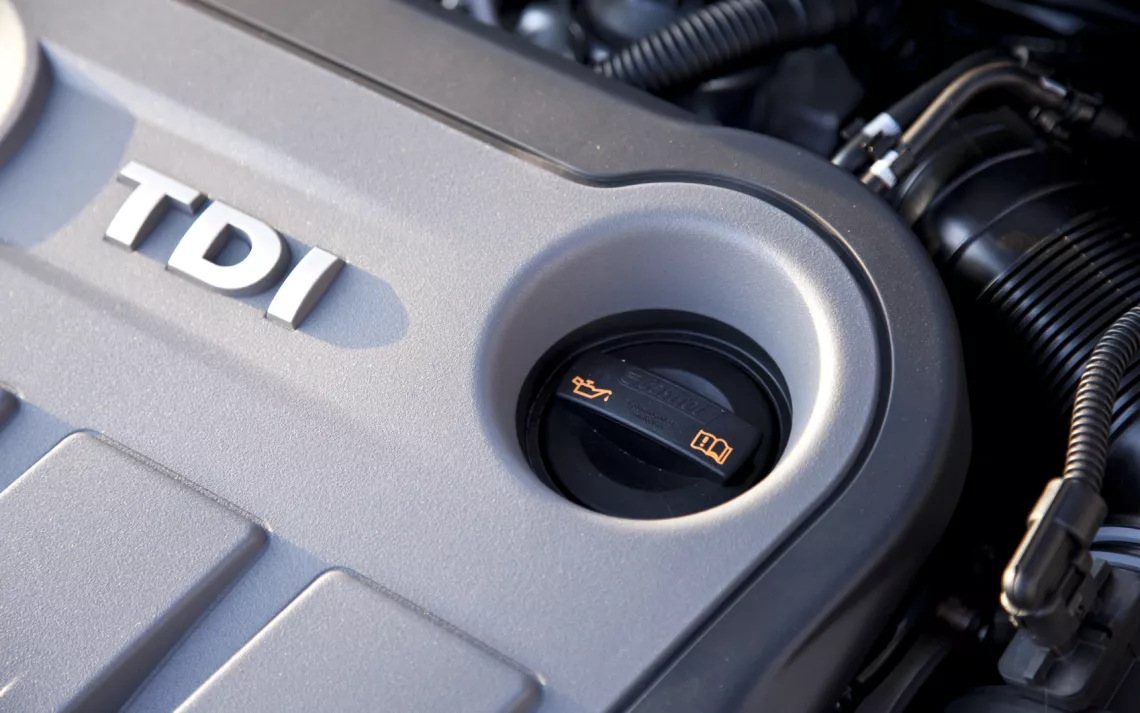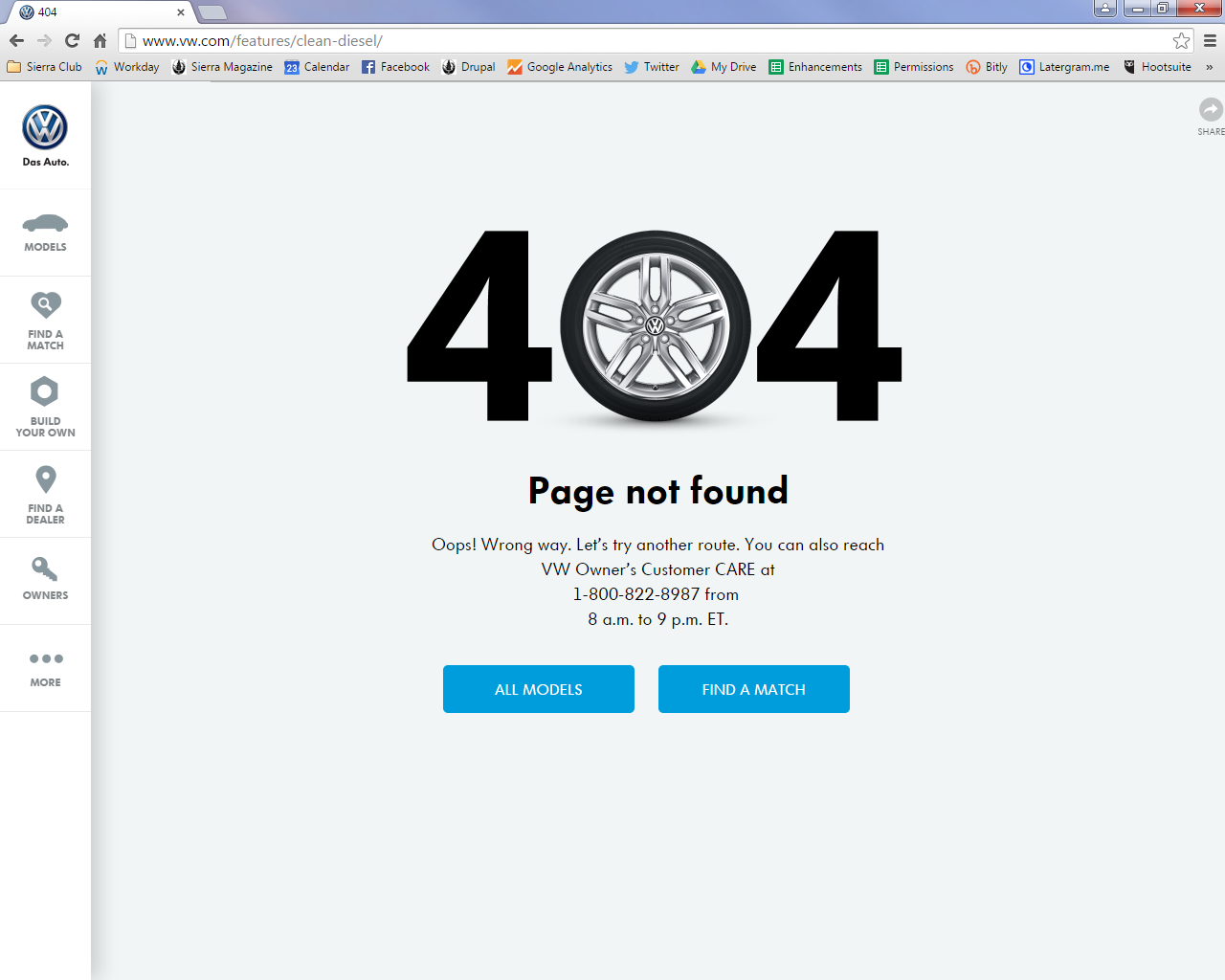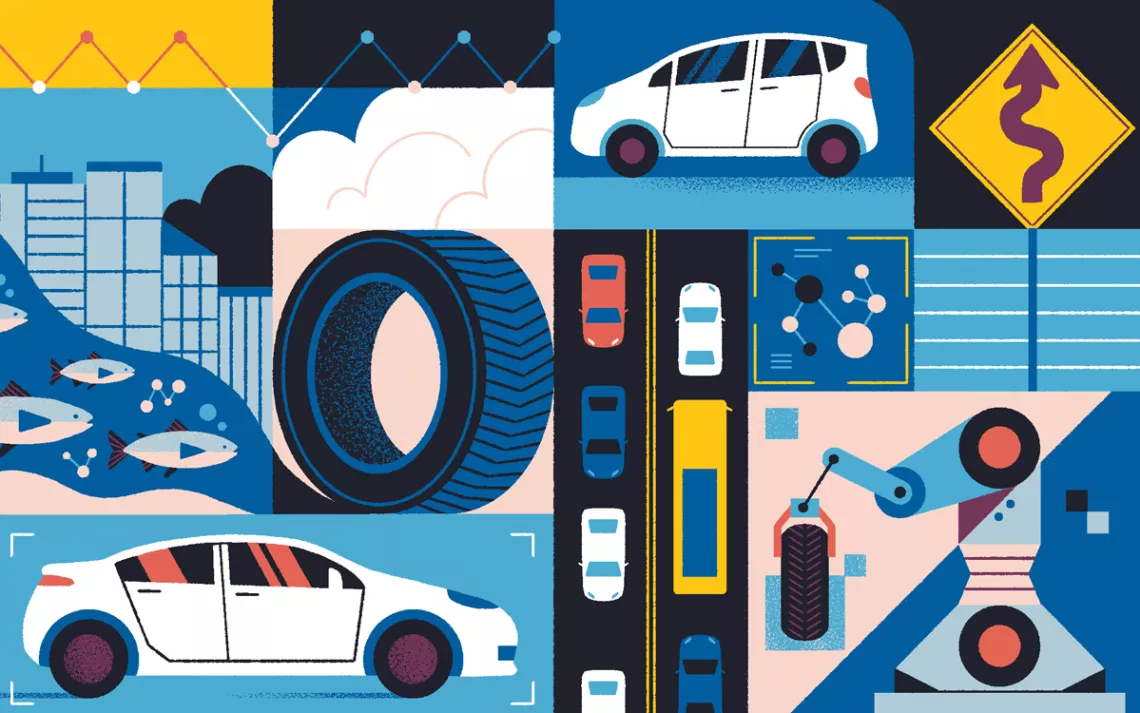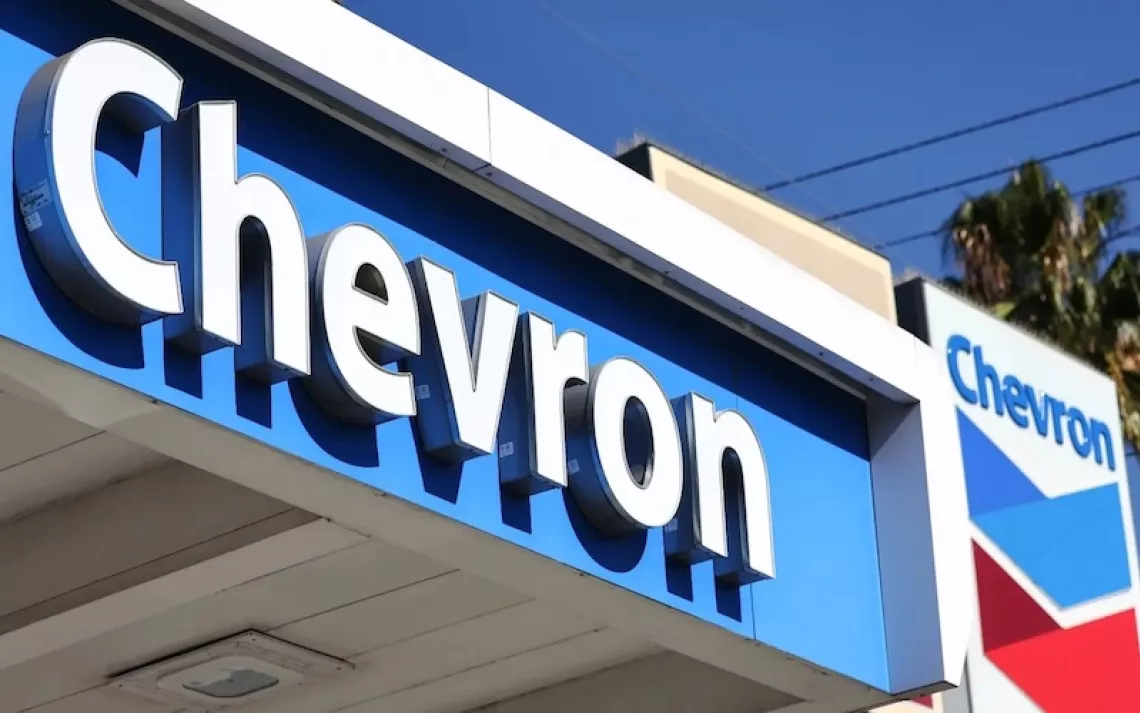Schadenfraud
Does your new VW Beetle perform like an old school bus?

Photo by iStock/Empato
Environmentalists have long been annoyed that Volkswagen touts its TDI ("turbocharged direct injection") diesel vehicles as "clean diesels." Thanks to the availability of low-sulfur diesel fuel and new tailpipe-emission standards that kicked in during the late 2000s, VW has been able to sell its high-MPG diesel cars nationwide—even in super-strict California, where they had disappeared for several years. But those diesels were always merely cleaner than earlier models; a diesel VW Jetta, for example, scores no better than 6 out of 10 on the EPA's "smog rating," while a hybrid Toyota Prius scores as high as 9 out of 10. That's because diesels produce a larger amount of smog-producing nitrogen-oxide pollutants than gas-powered cars. The technology to clean up those "NOx" emissions is complicated and expensive. Still, VW found a way, and went on to corner the market for "affordable" diesel vehicles in the U.S, offering TDI diesel versions of even its least-expensive Golf.
Last Friday, we found out that VW's magic new technology was apparently old-school deceit. The company admitted that software on nearly a half-million of its diesels sold since 2009 in the U.S. had a "defeat device" that turned on a vehicle's emission controls only when it was actually being tested for emissions. Once back on the street, the cars were emitting up to 40 times the legally allowed amounts of nitrogen oxide. Presumably, VWs diesels—praised for their high-spirited performance and lofty highway MPG numbers—drive like milk trucks when their emission controls are actually, you know, turned on.
Bloomberg has the interesting backstory on how VW got caught—researchers at West Virginia University were helping the International Council on Clean Transportation show European regulators that "clean diesels" really are environmentally-efficient. (“We had no cause for suspicion,” said John German of the Berlin-based ICCT. “We thought the vehicles would be clean.”) In the meantime, the fallout continues: VW has stopped selling new and used diesels with the 2.0 liter engine that's under scrutiny (its VW and Audi models with larger diesel engines are not subject to the recall). The company admitted that the problem could affect 11 million cars worldwide and set aside some $7.3 billion to rectify the situation. The Los Angeles Times discovered that diesel VWs sold in 2009 qualified for a $1,300 federal tax credit for green cars, which may have cost U.S. taxpayers $51 million. The value of Volkswagen stock plummeted from $163 on Friday to $112 on Wednesday. And VW CEO Martin Winterkorn resigned.
 Affected VW diesel owners, who may have thought they were driving righteously fuel-sipping, planet-friendly vehicles, have been told to continue driving and wait for a recall notice. The feds may require VW to simply defeat the "defeat device," which could result in poorer-performing cars that attain below-promised MPG numbers. Or VW may have to install pricey urea-based exhaust-scrubbing systems to meet emission and performance expectations.
Affected VW diesel owners, who may have thought they were driving righteously fuel-sipping, planet-friendly vehicles, have been told to continue driving and wait for a recall notice. The feds may require VW to simply defeat the "defeat device," which could result in poorer-performing cars that attain below-promised MPG numbers. Or VW may have to install pricey urea-based exhaust-scrubbing systems to meet emission and performance expectations.
And as for VW's once-ubiquitous "clean diesel" ad campaign? Go to VW's diesel web page and all you'll find is "404 Page Not Found."
 The Magazine of The Sierra Club
The Magazine of The Sierra Club







